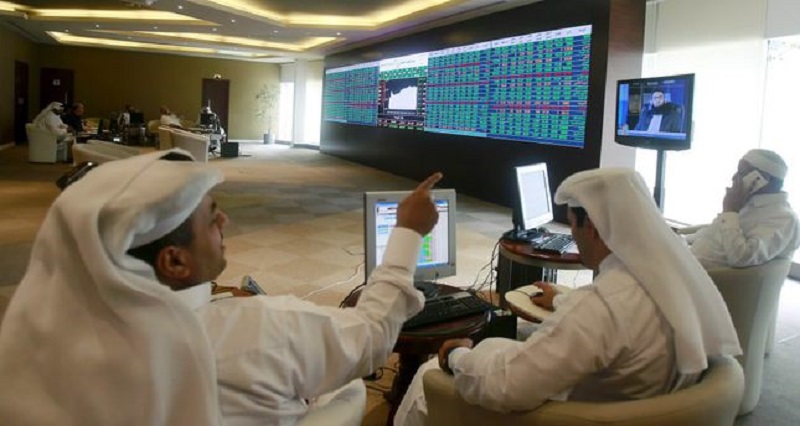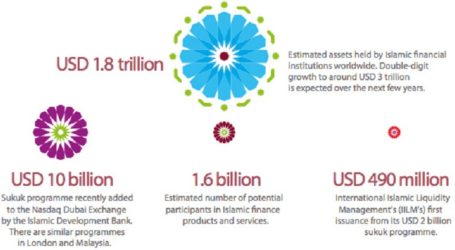ISLAMIC FINANCE INDUSTRY CONTINUES TO LIVE UP TO ITS REPUTATION


Manama, 3 Dhulhijjah 1436/17 September 2015 (MINA) – The World Islamic Banking Conference (WIBC), considered by many as the Islamic financial services industry’s compass for over two decades, continues to live up to its reputation after officially announcing that its 22nd annual edition, which will take place from December 1 – 3 in Manama, Bahrain, will provide industry leaders with a unique opportunity to critically assess Islamic finance’s 40 year history, Daily Sabah newspaper reported.
This coming December, regulators, CEOs, scholars and other leaders from the Middle East, East Asia, Africa and Europe will assess and reflect on the achievements, challenges and opportunities in the rapidly growing Islamic finance industry, which currently amounts to $2 trillion, according to International Islamic News Agency (IINA) reports received by Mi’raj Islamic News Agency (MINA).
They will address the core question of how the current system can converge with its original proposition.
Professor Rifaat Ahmed Abdel Karim, CEO of International Islamic Liquidity Management Corporation (IILM), Noor Abid, board member of Kuwait Finance House Group, and Tirad al-Mahmoud, CEO of Abu Dhabi Islamic Bank (ADIB), are only a few of the pioneers who will address the landmark gathering of more than 1,500 attendees.
Regarding the question of convergence, Abid, a leading advisor to the Islamic finance industry for over two decades, said, “Islamic financial institutions IFIs need to structure their business models in such a way that the socioeconomic objectives go hand in hand with commercial and profitability goals.
He suggested the next steps: “One way forward for the development of Islamic finance based on its true principles would be to adopt some of the leading practices from the impact investment communities and incorporate integrated reported initiatives.”
International standard-setting organizations such as the Accounting and Auditing Organization for IFIs (AAOIFI) and the Islamic Financial Services Board (IFSB) have been formative in helping the industry develop a more integrated approach, coupling profitability and values.
However, while the relevant standard setters may issue appropriate frameworks or standards, it is essential to secure joint commitment from all stakeholders within the system. This is partly because of the challenges of adopting both international and industry standards.
The WIBC 2015 is set to gather all the key stakeholders – governments, regulatory bodies, central banks, leading Islamic banks, IFIs and multilateral bodies – to better understand how to wed standards to ensure global compliance with adherence to core values.
Another key discussion point to be touched on this December is financial inclusion. Indeed, Islamic finance has an opportunity at hand given that the vast majority of Muslims do not have access to a banking system.
ADIB CEO Mahmoud said, “Islamic finance can also serve to increase financial inclusion for the 72 percent of Muslims who do not use banks”.
The challenge that lies ahead is that there has been no significant plan to reform Islamic banking with the aim of increasing financial inclusion. (T/Imt/R04)
Mi’raj Islamic News Agency (MINA)





